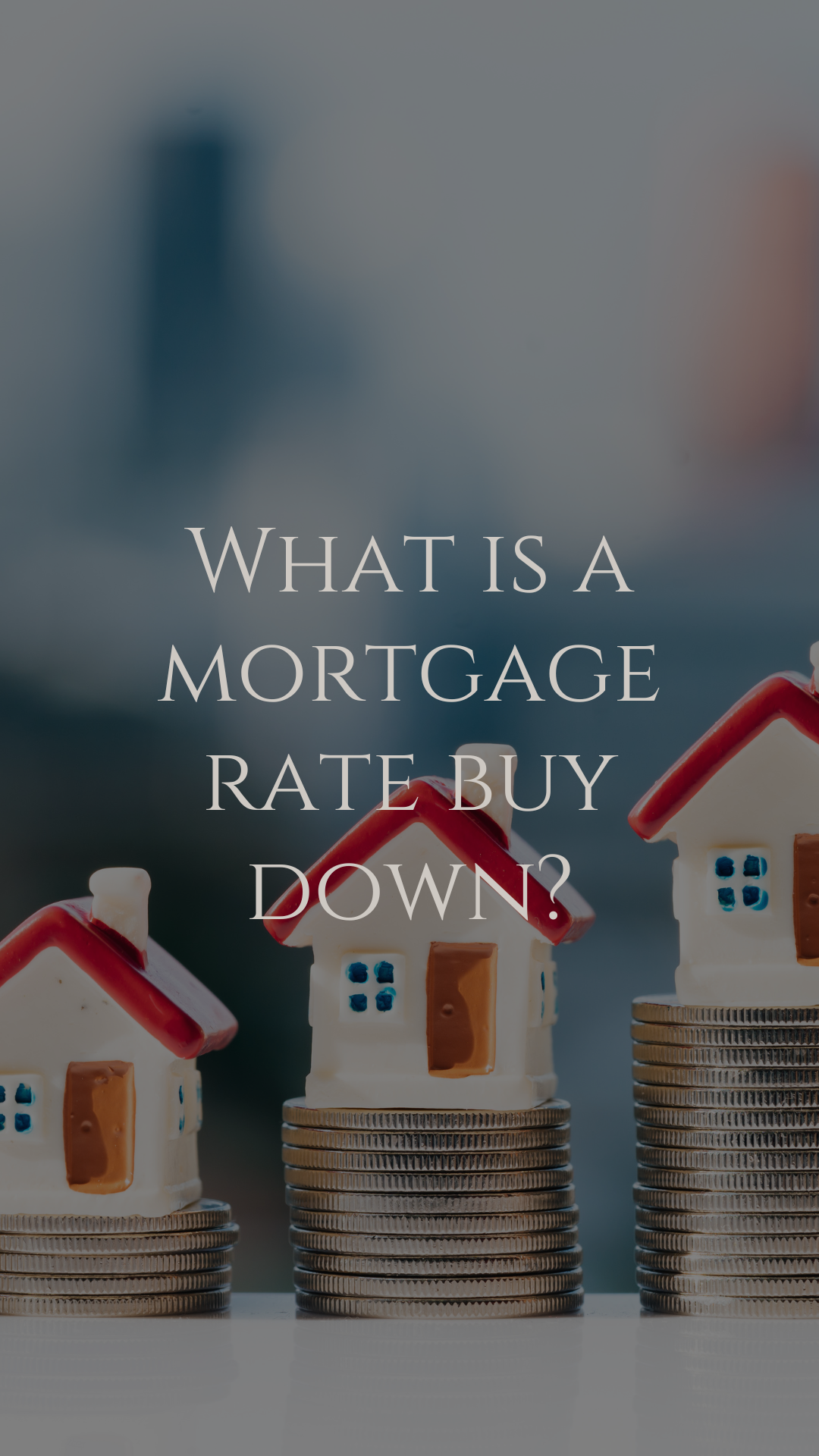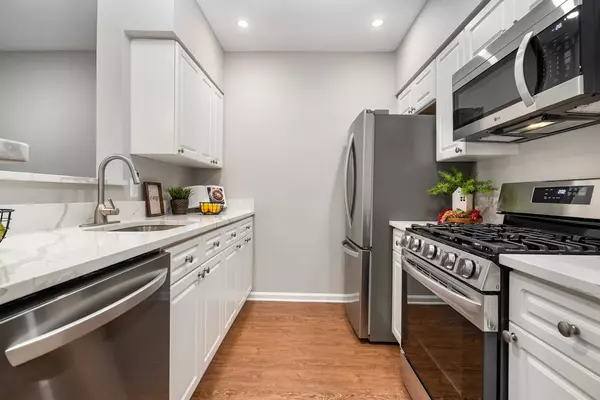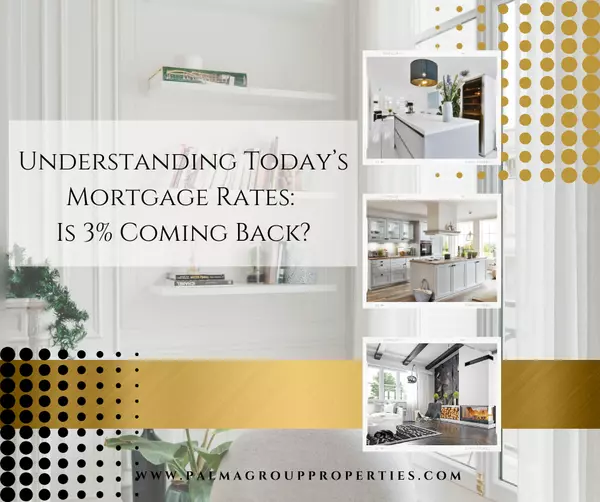What is a Mortgage Rate Buy Down?

What is a Mortgage Rate Buy Down?
A mortgage rate buy down involves paying extra money upfront to reduce your mortgage interest rate for a portion or the entire term of the loan. This upfront payment is known as "buying points" or "discount points."
How Do Points Work?
When you buy points, you're prepaying interest to receive a lower rate on your mortgage. Here’s a breakdown:
Let's look at an example to understand the impact of buying points:
Pros and Cons of Buying Points
Pros:
A mortgage rate buy down involves paying extra money upfront to reduce your mortgage interest rate for a portion or the entire term of the loan. This upfront payment is known as "buying points" or "discount points."
How Do Points Work?
When you buy points, you're prepaying interest to receive a lower rate on your mortgage. Here’s a breakdown:
- Cost of Points: One point costs 1% of your loan amount. For a $300,000 mortgage, one point would cost $3,000.
- Interest Rate Reduction: Buying one point usually reduces your interest rate by 0.25%. This varies by lender and loan type, so ask your lender for details.
- Break-Even Point: This is when the savings from your reduced monthly payments equal the upfront cost of the points. It helps determine if buying points is financially beneficial.
Let's look at an example to understand the impact of buying points:
- Loan Amount: $300,000
- Interest Rate Without Points: 4.5%
- Interest Rate With 1 Point: 4.25%
- Cost of 1 Point: $3,000
Pros and Cons of Buying Points
Pros:
- Lower Monthly Payments: Reduced interest rates lead to lower monthly mortgage payments.
- Interest Savings: Over the loan's life, interest savings can be substantial.
- Tax Benefits: Points are often tax-deductible in the year they are paid. Consult a tax advisor for guidance.
- Upfront Cost: If you don't have enough cash or prefer to use it for other expenses, buying points may not be feasible.
- Break-Even Time: If you plan to sell or refinance before reaching the break-even point, you won’t recoup the cost.
- Alternative Investments: The money spent on points could potentially be invested elsewhere for a higher return.
- Long-Term Stay: If you plan to stay in your home for a long time, the savings from a lower interest rate can outweigh the upfront cost.
- High Cash Reserves: If you have enough savings to cover the upfront cost without depleting your emergency fund, buying points can be a good investment.
- Tax Considerations: If the tax deduction for points benefits your overall tax situation, it might be worth considering.
Categories
Recent Posts

Why More Homeowners Are Giving Up Their Low Mortgage Rate

Survey vs. Plat: What’s the Difference and Why It Matters in Real Estate?

The Only 1-Bedroom with Both a Deeded Garage & Assigned Parking!

Is it better to buy now or wait?

Is it a buyer’s or seller’s market?

Mortgage Rates: Is 3% Coming Back?

Welcome June!

Can you still find homes under $1M in Northern Virginia?

Stocks May Be Volatile, but Home Values Aren’t

Announcing!! New Listing!! Open House!! Saturday, April 5 ~ 2-4pm Sunday, April 6 ~ 2-4pm


